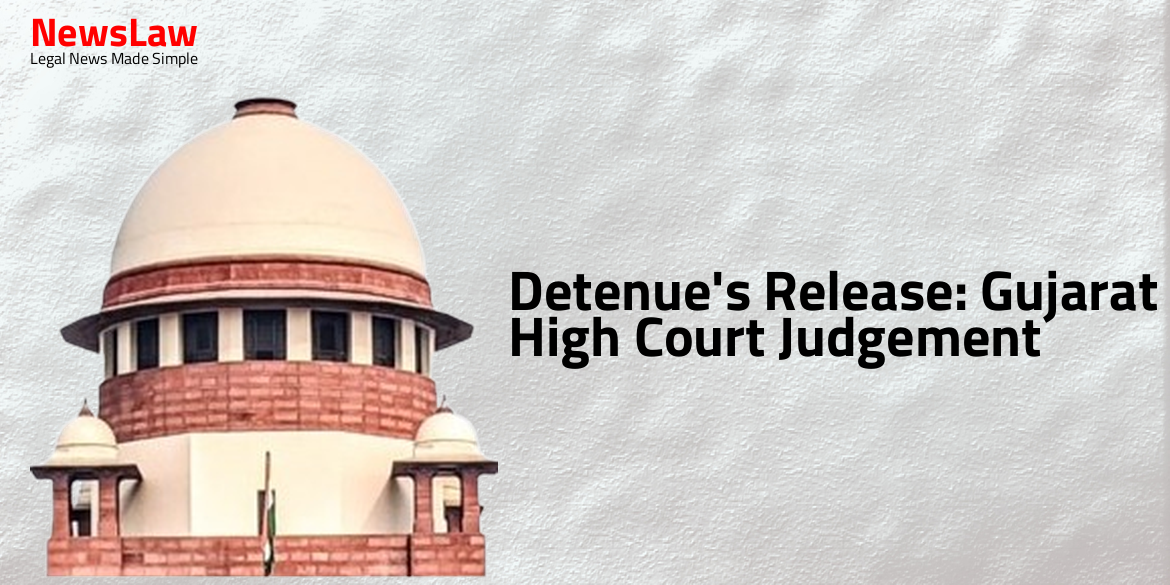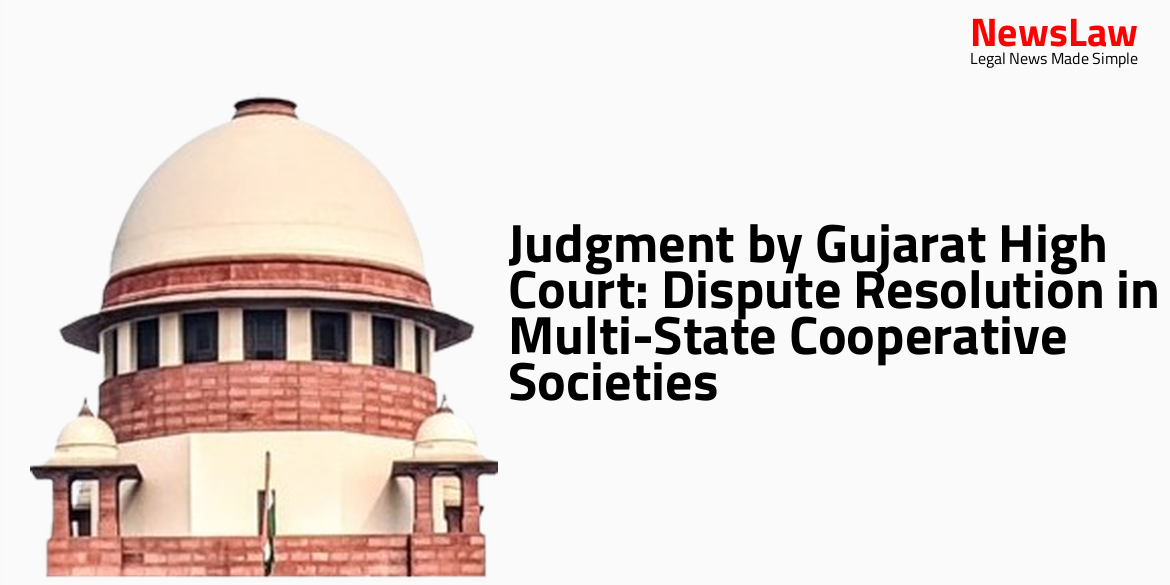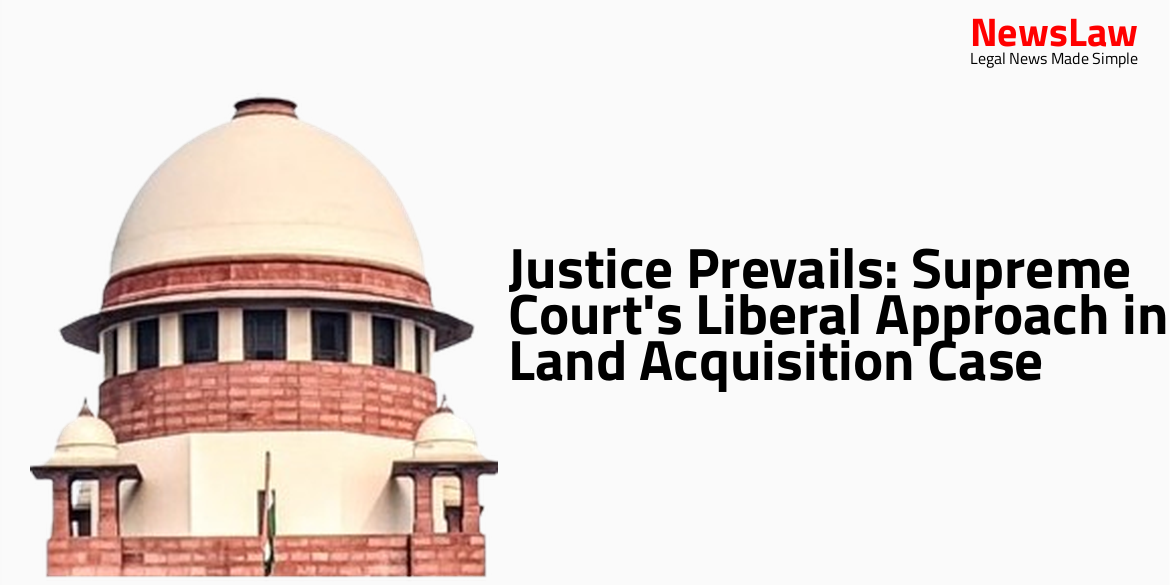In a significant ruling by the Gujarat High Court, the detention order dated 10.11.2023 regarding the detenue has been overturned. The case involving the detenue’s release has garnered attention for its implications on preventive detention laws. Stay updated with the legal proceedings! #GujaratHighCourt #DetenueRelease
Facts
- Detenue’s case cannot be brought within the definition under Section 2(c) of the Act
- The detenue does not fall under the specific category outlined in the Act
- The legal definition in Section 2(c) does not apply to the detenue in this case
Arguments
- Except for the statements of witnesses, FIRs, and Panchnama, no other material connects the detenue’s alleged anti-social activity with public order breach.
- The advocate for the detenue argues that the illegal activities alleged do not relate to public order but are instead breaches of law and order.
- There is a lack of relevant and cogent material indicating a link between the detenue’s actions and public disorder.
- The detaining authority’s subjective satisfaction is deemed to be illegal and invalid as the alleged offenses in the FIRs do not relate to public order but can be addressed by other existing penal laws.
- The allegations against the detenue do not align with the criteria outlined in section 2(c) of the Act for detention.
- Citing Pushker Mukherjee v/s. State of West Bengal, where even if some grounds for detention are false, the entire detention order must be invalidated.
- The learned AGP for the respondent State supports the detention order citing sufficient material and evidence found during investigation indicating the detenue’s habit of engaging in activities under section 2(c) of the Act.
- The petitioner’s advocate argues that the detenue’s activities in criminal cases did not disrupt societal norms to the extent of threatening public order or causing disorder in the social apparatus governed by the rule of law.
Analysis
- The State has the option to seek cancellation of bail or move an appeal to the Higher Court if the detenu is deemed a menace to society.
- Merely disturbing law and order is not sufficient for action under the Preventive Detention Act; it must affect public order to be applicable.
- The petitioner had been released on bail by the proper jurisdiction, where the option of seeking cancellation of bail was available to the sponsoring authority.
- The recent decision of the Supreme Court in Shaik Nazeen v/s. State of Telangana and Ors emphasizes the need for material showing that the detenue poses a threat to society in order to be detained under the Preventive Detention Act.
- The distinction between ‘law and order’ and ‘public order’ was discussed in the case of Pushker Mukherjee v/s. State of West Bengal [AIR 1970 SC 852].
- The Supreme Court observed that not every act of assault or injury to specific persons constitutes public disorder.
- A contravention of any law affects order, but to be classified as affecting public order, it must impact the community or the public at large.
- The Court emphasized the necessity to draw a clear line of demarcation between different types of infractions for the purpose of identifying public disorder.
- FIR registration alone does not indicate breach of public order
- No relevant material to invoke power under section 3(2) of the Act
- Preventive detention is not the appropriate remedy in this case
Decision
- The present petition has been allowed
- The impugned order of detention dated 10.11.2023 has been quashed and set aside
- The detenue is ordered to be set at liberty forthwith if not required in any other case
- Direct service is permitted
- Rule is made absolute accordingly
Case Title: UMESH BABLUBHAI VANZARA THRO BABLUBHAI RAMSINHBHAI VANZARA Vs. COMMISSIONER OF POLICE AHMEDABAD CITY
Case Number: R/SCA/20304/2023



